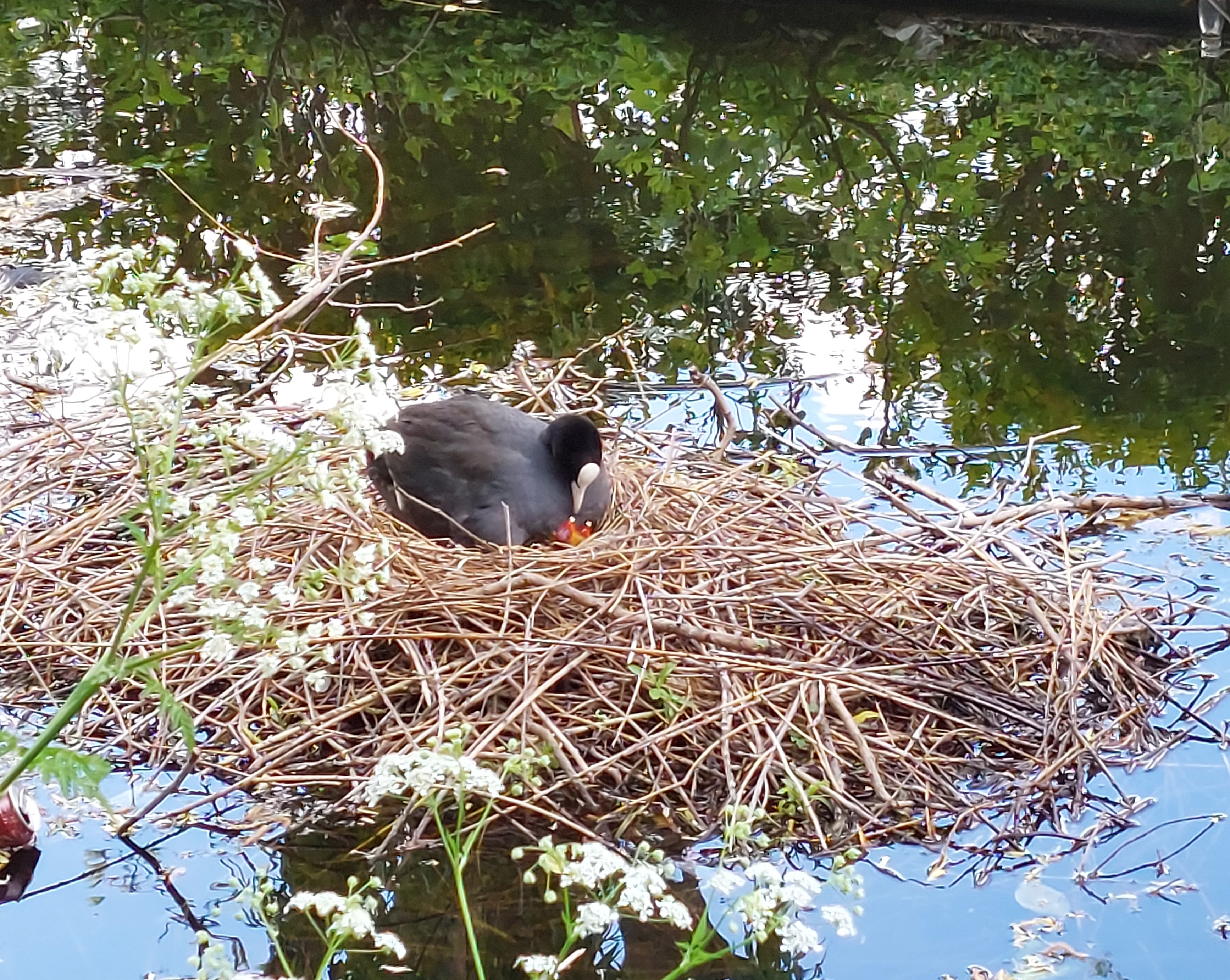Humanity must survive
To me, life is the single most beautiful thing in the universe.
 Some local life: A crocus with a ladybug
Some local life: A crocus with a ladybug
Life obviously exist on Earth. And given the size of the universe, many believe it is unlikely Earth is the only place it exists. While that is a reasonable hypothesis - and I certainly hope it's correct - it is by no means certain. In fact, all current evidence still points to just a single home to life: Earth. Absence of evidence may not be evidence of absence, but given our current knowledge of the universe, we can but assume Earth may be the only place in the entire universe where life exists.
We do not know whether Earth-like conditions are at all common in the wider universe. There are good reasons to assume the conditions under which life on Earth evolved are, in fact, rather uncommon. Some examples:
- Earth orbits a particularly quiet star.
- Earth is not tidally locked to its star.
- Earth's gravity is large enough to support a stable atmosphere, but not too large to become a gas giant.
- Earth's temperature is just right for organic chemistry to take place.
- Earth has an ample amount of (liquid) water on the surface.
- Earth has plate tectonics and volcanism, which weather rocks, which in turn leads to carbon sequestration - the lack of which may have contributed to Venus becoming the hellish landscape it is now.
- Earth has a magnetic field strong enough to withstand the worst effects of the stellar wind - without this the atmosphere would experience a significantly larger rate of loss.
- Earth has an unusually large moon, stabilizing its axial tilt.
All this means we have to seriously consider the possibility that life's only refuge is Earth. If this is true, and life never escapes Earth, then all life in the universe will die in about a billion years. In about a billion years, the sun will become too hot for liquid water to exist on the surface. Without water as a lubricant, plate tectonics will halt to a grind. This in turn will increase the CO2 concentration in the air, further exacerbating the high temperatures. After a geologically short while after the surface water disappears, even simple bacteria deep in the soil will cease to exist as temperatures become too high. Earth then becomes Venus 2.0.
 Some more local life: A European coot with young
Some more local life: A European coot with young
This is a depressing thought. But life has an escape hatch: Us. Humanity. We have the technology to bring life to other places. First to other locations in our own Solar System, and maybe later to the final frontier of the wider Galaxy. If this happens, life is almost certain to outlive Earth. While humanity may sometimes be a very damaging to life, it thus may also be its ultimate savior. Like many species who spend all their energy on reproducing, Gaia may be spending all her energy on reproducing too - via humanity.
And we are getting so close. With a Lunar Village planned for this decade, and a manned Mars mission no longer being pure scifi (thanks, Elon!), we are so so close to taking our first steps in bringing Earth's life elsewhere.
But precisely this is one of the many reasons why all this (nuclear) sabre rattling by both parties in the recent conflict absolutely terrifies me. We don't just risk exterminating ourselves, we risk exterminating all life in the entire universe. We can't waste everything now. This madness has to stop. Diplomacy has to prevail.
Humanity must survive. Life depends on it.